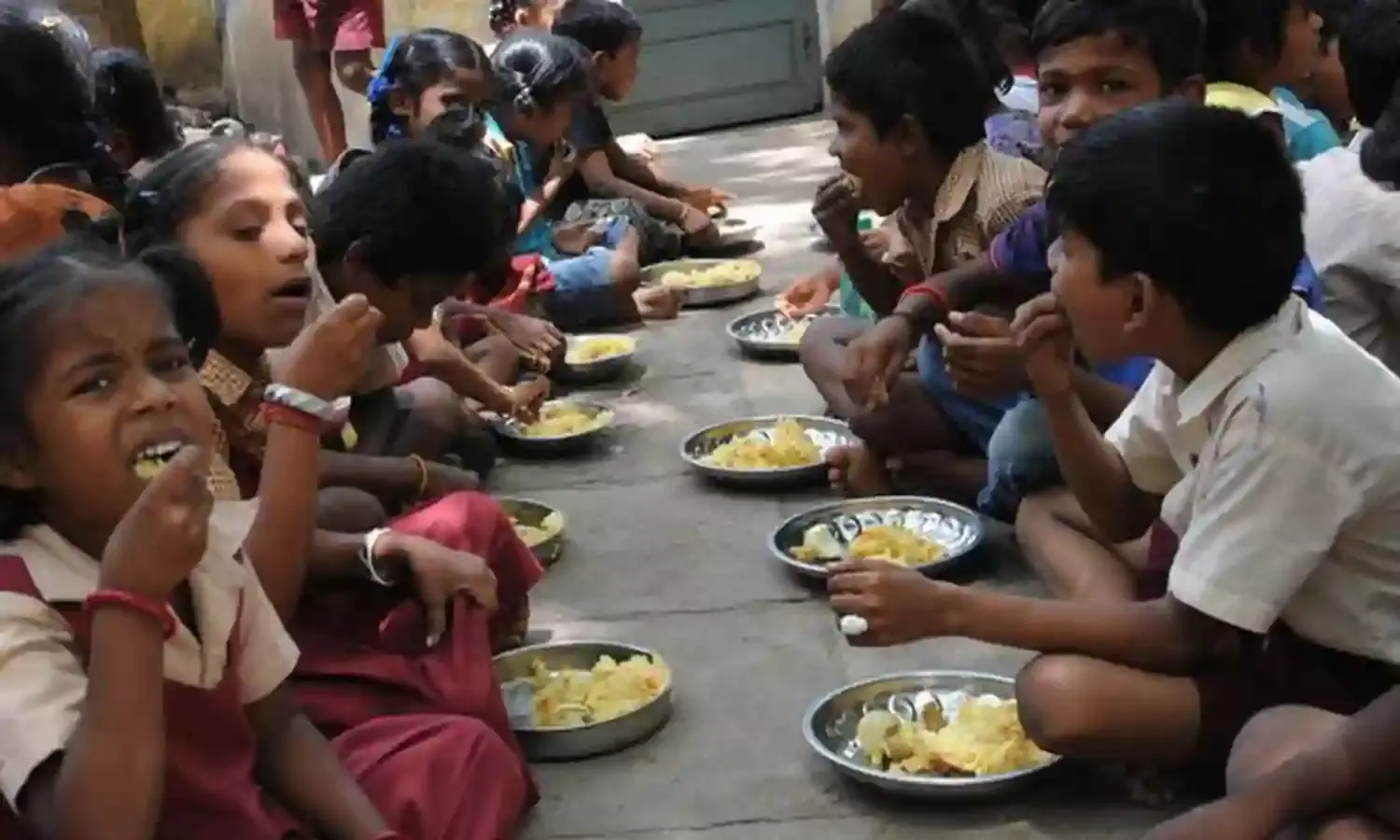Healthy Breakfast in Tamil Nadu Schools
Breakfast for public school kids soon

CHENNAI: Breakfast is the most important meal of the day, especially for young children. There are several studies to indicate that a healthy breakfast leads to better concentration and better performance in studies, for one. But many children like Santosh S are forced to skip their breakfast just so they can attend school.
Every morning, Santosh has to rush so that he doesn't miss the school bus. His parents leave for work as early as 6.30 am and his infant brother is left in the care of his neighbours till his mother gets back home. Often he skips his breakfast because there’s no other way to get to school if he misses the bus. His father, an auto-riksha driver and his mother, a cook work hard to make ends meet, but they can’t always afford to provide him nutritious food.
There are many others in Santosh's school who leave home early in the morning as they live far from their school, and miss eating breakfast almost every day.
A recent study conducted by the DMK-led government in Tamil Nadu found an alarming trend of undernourished children in the state. In an effort to counter this, Chief Minister MK Stalin announced that breakfast would soon be provided to all public school students in classes I to V. If implemented, Tamil Nadu would be the first state in the country to have a free breakfast scheme in its public schools.
Back in 1956, Tamil Nadu was also the pioneer of the school meal scheme introduced by then Chief Minister K Kamaraj. The scheme was later emulated by the Union government in what is known today as the widely appreciated midday meal scheme. Just two years ago, the Centre announced that it would not extend the midday meal scheme to include breakfast at an estimated cost of Rs 5,000 crores, claiming paucity of funds. Despite expert recommendations and a pandemic of child malnourishment in India it has yet to do so.
Making the announcement in the assembly, Stalin said that according to the state government’s study, it was found that there were many children who were skipping breakfast as they had to leave early from home to make it in time for their classes. The other reason they found was financial difficulties at home. This had undoubtedly affected the health of their meals. Stalin said his government would start the scheme in select schools in corporations and remote rural areas before extending it state-wide.
He said the aim was to ensure that no child in the state is malnourished. The government announced three other related schemes: providing medical assistance and micronutrients to students below the age of six to set right nutritional deficiencies after evaluation; upgrading 25 public higher secondary schools and municipal corporations to ‘schools of excellence’; and launching 708 urban hospitals in 21 municipal corporations and 63 municipalities.
Efforts are being made in Tamil Nadu to undo the damage of India’s extended lockdown, with several schemes being rolled out in the past year to reduce the number of dropouts. Around 30 lakh students are also part of the Illam Thedi Kalvi mission, a remedial programme intended to bridge the learning gap caused by the unscientific lockdown.



